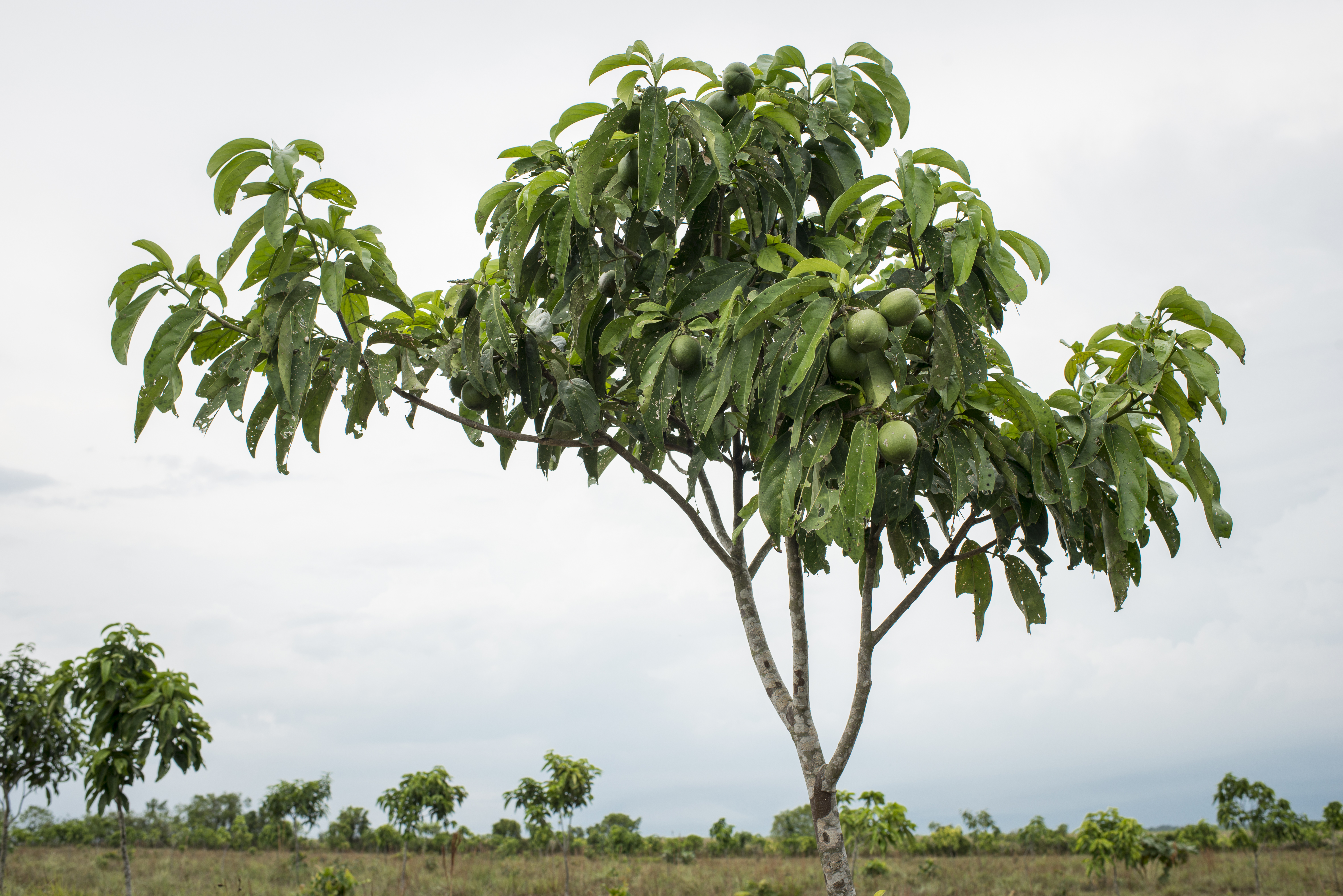As climate change intensifies around the world, agricultural production will be increasingly impacted, due to the sensitivity of crops, livestock, and fisheries to changes in temperature and water availability, as well as extreme weather events. The interaction between climate change and agriculture is bidirectional: unsustainable agricultural practices degrade landscapes and contribute to greenhouse gas emissions.
To mitigate these negative impacts on the environment and human well-being, agribusiness will need to adopt sustainable, climate-smart agricultural practices. These practices, along with agricultural intensification, will play a critical role in mitigating the adverse effects of climate change by reducing emissions and encroachment on forested areas while also raising yields and improving livelihoods.
Access to finance remains one of the biggest barriers for agribusinesses that wish to make this climate-smart transition. Among financial institutions, there is a common perception that margins in the agricultural sector are too low and that agricultural lending is characterized by risk and high costs.
In September, the World Bank’s BioCarbon Fund Initiative for Sustainable Forest Landscapes (ISFL) and Forest Carbon Partnership Facility (FCPF) launched an innovative Sustainable Agricultural Banking Program. This five-week training course brought together practitioners from financial institutions from around the Africa region to make the business case for increasing access to finance for sustainable agriculture.
|
Value-chain financing (VCF) VCF is based on transactions and relationships within the value chain and assesses the payment capacity of participants in a particular value chain by looking at their delivery record rather than their credit record alone. VCF reduces risks; it reduces transaction costs for the bank, as delivery, servicing and monitoring can count on existing relationships within the chain; and it increases access to credit, markets, and information. VCF creates a win-win-win for the farmer, the processor/input supplier, and the bank. |
The goal of the program is to catalyze additional financing for actors in the value chain through greater use of value-chain financing. This will, in turn, protect forests, reduce landscape degradation, and support emission reductions of carbon dioxide through climate-smart investments.
“At the end of the course, financial institutions will be able to analyze the risks in lending to agribusinesses and develop customized financial products that best fit their clients’ needs,” says ISFL Fund Manager, Roy Parizat.
The online program, taught by some of the world's leading experts, is designed to be practical and hands-on, providing financial institutions with the technical knowledge and operational guidance needed to launch new value chain financing products. Participants in this course will learn how to catalyze portfolio growth in the agricultural sector while generating environmental, social, and economic benefits for their borrowers. Using a hands-on approach and led by experts in Value Chain Financing, the course is composed of the following four training modules that build on each other:
1 - Principles of agricultural value-chain financing;
2 - Product development;
3 - Client assessment and credit policy for sustainable lending;
4 - Loan monitoring and administration for climate-smart agriculture.
Following the completion of the course, participants from seven African countries will have developed a value-chain financing proposal and prepared to add a new value-chain financing product to their institution’s portfolio.
“We are confident this program will contribute to the success of participant institutions, allowing them to become leaders in the agricultural finance sector in their respective countries,” says Parizat. “When financial institutions succeed, so too do farmers and off-takers, as they gain increased access to the working capital and short-term loans required to achieve climate-smart sector transformation."

